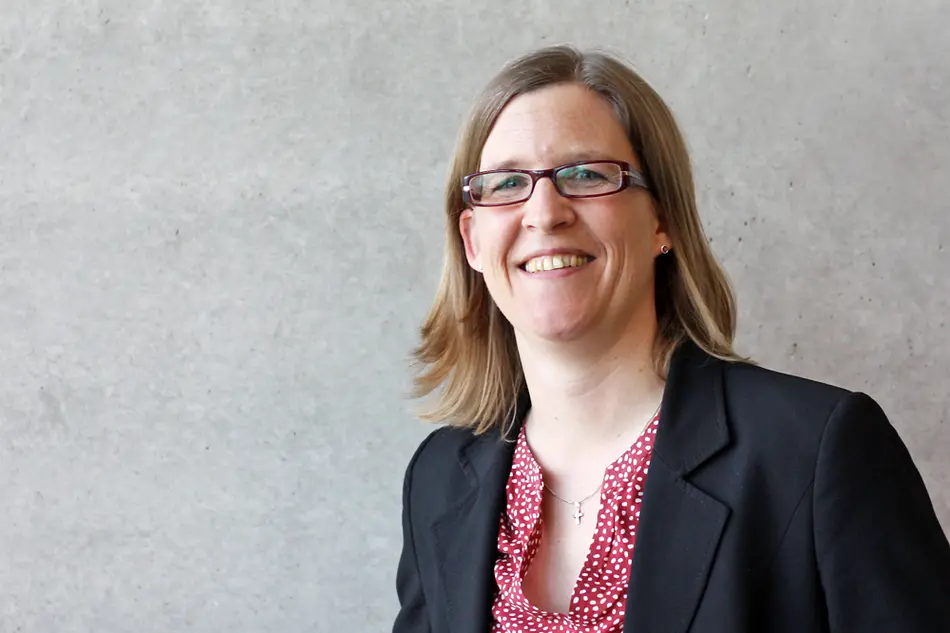In this position, Julia Knop will support the ZdK in its work in the areas of "Theology, Pastoral and Ecumenism"; "Political and Ethical Issues"; "Economy and Social Affairs"; "Education, Culture and Media"; "Family"; "Sustainable Development and Global Responsibility" and "European Cooperation and Migration". "The major project of the ZdK at the moment is, of course, the Synodal Path, for which it is responsible and which it is shaping together with the Bishops' Conference. In the Synodal Path, I already have one of the positions that the ZdK has filled," reports the dogmatist, who was proposed by members of the Central Committee and has now been elected to her new position.
In this, she is in prominent company: numerous personalities from the Church, politics, society and science are represented in the ZdK, including Federal Defence Minister Kramp-Karrenbauer, the Prime Minister of Rhineland-Palatinate Malu Dreyer, other members of the Bundestag and the European Parliament. "It is characteristic of some 'newcomers' – and I believe this also applies to me – that they are active and publicly present in the current reform debates and in coming to terms with abuse and structures that promote abuse," says Julia Knop, who, together with a number of fellow professors from the fields of theology, political science and history, is considered an important voice at the Synodal Path. "Synodical Path members are strongly represented overall among the 45 newly elected individuals, which also means that the Synodical Path project is up and running and has power." More than 100 people stood for election. More than ever before. For the theologian, "a great sign that the Catholics in Germany, despite the church crisis, have confidence in this church and want to help shape it – but in a sovereign and self-organised way.
Knop explains that she stood herself because she wants to be involved in the shaping and critical accompaniment of church processes. "Because I want to stand up for a Catholicism in Germany that is fit for the present and the future, and I want to do this together with people who are legitimised by commitment, expertise and election. The ZdK is self-determined and self-organised lay Catholicism – and as such eminently important in the course of the upcoming reforms. For the Catholic Church does not only consist of a majority of non-clerics – this majority of the faithful is also represented in the ZdK. And I have the impression that the issues that are really important to the Church are being addressed there - gender justice, democracy, ecumenism, but also climate justice, flight and expulsion, and of course Corona. Of particular interest for Thuringia will be the preparation and organisation of the Katholikentag, which will take place in Erfurt in 2024."

